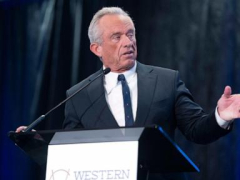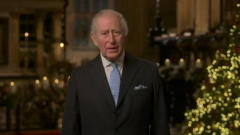NEW YORK — Pharmaceutical companies have agreed to slash the Medicare prices for 15 prescription drugs after months of negotiations, reductions that are expected to produce billions in savings for taxpayers and older adults, the Trump administration said.
But the net prices it unveiled for a 30-day supply of each drug are not what Medicare recipients will pay at their pharmacy counters, since those final amounts will depend on each individual’s plan and how much they spend on prescriptions in a given year.
Health Secretary Robert F. Kennedy Jr. touted the deals as part of the administration’s efforts to address affordability concerns among Americans. The Medicare drug negotiation program that made them possible is mandated by law and began under President Joe Biden’s administration.
“President Trump directed us to stop at nothing to lower health care costs for the American people,” Kennedy said in a statement Tuesday evening. “As we work to Make America Healthy Again, we will use every tool at our disposal to deliver affordable health care to seniors.”
The announcement marks the completion of a second round of negotiations under a 2022 law that allows Medicare to haggle over the price it pays on the most popular and expensive prescription drugs used by older Americans, bringing the total number of negotiated drug prices to 25. The new round of negotiated prices will go into effect in 2027. Reduced prices for the inaugural round of 10 drugs negotiated by the Biden administration last year will go into effect in January.
The latest negotiated prices apply to some of the prescription medications on which Medicare spends the most money, including the massively popular GLP-1 weight-loss and diabetes drugs Ozempic, Rybelsus and Wegovy. Some of the other drugs involved in the negotiations include Trelegy Ellipta, which treats asthma; Otezla, a psoriatic arthritis drug; and various drugs that treat diabetes, irritable bowel syndrome and different forms of cancer.
Dr. Mehmet Oz, Centers for Medicare and Medicaid Services administrator, said the administration delivered “substantially better outcomes for taxpayers and seniors in the Medicare Part D program” than the previous year’s





